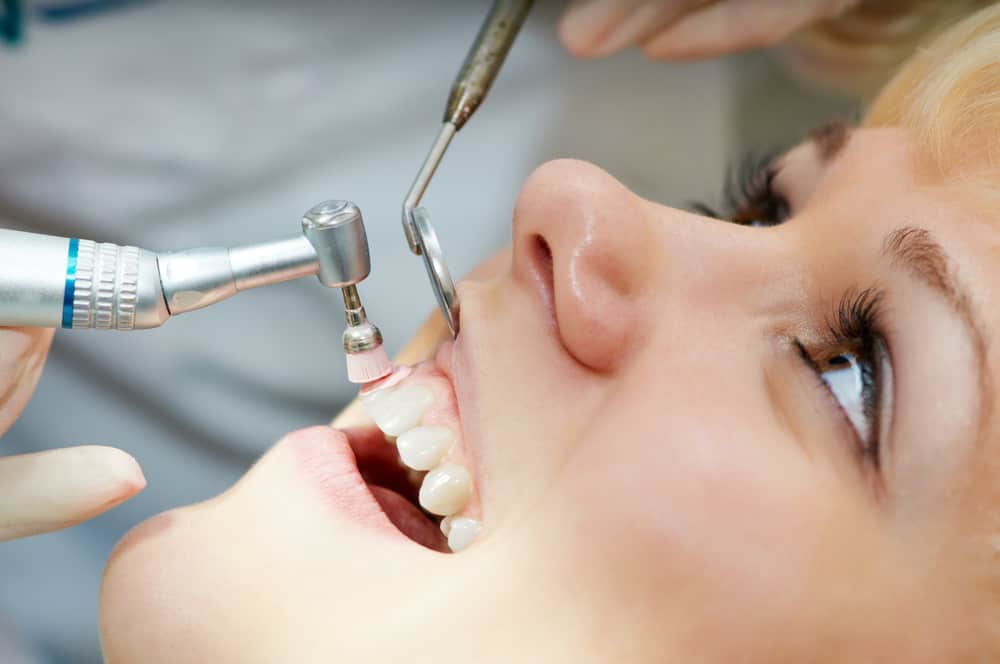Tooth extractions, while a common dental procedure, can leave you with questions about proper aftercare. Understanding how to care for your mouth in the days and weeks following the extraction is crucial for a speedy and comfortable recovery. This article will provide you with the information and advice you need to reduce pain, encourage the best possible healing, and make sure that returning to your regular schedule is painless. So make sure you read it till the end so that you know what to expect from a tooth extraction in Calgary.
Immediate Post-Extraction Care
After your tooth extraction procedure from one of your “tooth extraction near me” options you got, it’s essential to follow these immediate care steps:
- Bite on a Gauze Pad: Bite down gently on a gauze pad placed by your dentist to help stop the bleeding. Change the gauze pad as needed.
- Avoid Rinsing: Refrain from rinsing your mouth for the first 24 hours after the extraction to allow the blood clot to form and aid in healing.
- Apply Ice Packs: Use ice packs on the outside of your cheek to reduce swelling and alleviate discomfort.
Managing Discomfort and Swelling
- Pain Management: To treat any discomfort, your dentist could advise using over-the-counter or prescription painkillers. Pay close attention to what they say.
- Swelling: To reduce swelling, continue using ice packs for the first 24 hours. Afterwards, switch to warm compresses to promote blood circulation and aid in healing.
Eating and Drinking
- Soft Diet: Stick to soft foods like yoghurt, mashed potatoes, and smoothies for the first few days after the extraction. Steer clear of harsh, hot, or spicy foods since they may aggravate the extraction site.
- Hydration: Drink plenty of water to stay hydrated, but avoid using straws as the sucking motion can dislodge the blood clot.
Oral Hygiene
- Gentle Brushing: Resume gentle brushing and flossing the day after the extraction, but be careful around the extraction site to avoid disrupting the healing process.
- Mouth Rinse: Your dentist may recommend a salt water rinse to keep the extraction site clean and promote healing.
Signs of Complications
- Persistent Bleeding: If bleeding continues beyond the first day, contact your dentist immediately who did your tooth extraction in Calgary.
- Infection: Watch for signs of infection such as increasing pain, swelling, or a foul taste in your mouth. If you think you may have an infection, call your dentist.
Follow-Up Care
- Post-Extraction Check-Up: Attend any follow-up appointments scheduled by your dentist to monitor your healing progress and address any concerns.
- Long-Term Care: Maintain good oral hygiene practices and attend regular dental check-ups to prevent future dental issues.
By following these guidelines and caring for your mouth after a tooth extraction, you can promote healing, reduce discomfort, and lower the risk of complications. Remember, if you have any concerns or experience unusual symptoms, don’t hesitate to contact your dentist for guidance and support.
Conclusion
In conclusion, proper care after tooth extraction in Calgary is essential for a smooth recovery and to prevent complications. By following the recommended post-extraction care steps, managing discomfort and swelling, being mindful of what you eat and drink, maintaining good oral hygiene, and being vigilant for signs of complications, you can support the healing process and ensure a successful outcome.Never forget that your dentist is your partner in maintaining good oral health, so don’t be afraid to ask questions or voice concerns. With diligent care and attention, you can promote healing and get back to optimal oral health after a tooth extraction.
FAQs
How should I handle my post-tooth extraction discomfort and swelling?
Your dentist may prescribe pain medications or recommend over-the-counter pain relievers like ibuprofen. Applying an ice pack to the affected area can also help reduce swelling and discomfort.
Can I eat normally after a tooth extraction?
It’s best to stick to soft foods for the first few days after the extraction. Steer clear of anything tough, crunchy, or hot that can aggravate the extraction site.
When can I start brushing my teeth after a tooth extraction?
You can start brushing your teeth gently the day after the extraction. Be careful around the extraction site to avoid dislodging the blood clot.
Do I need to rinse my mouth after a tooth extraction?
Starting the day after the extraction, your dentist can advise you to rinse your mouth multiple times a day with warm salt water. This helps keep the extraction site clean and promotes healing.
What should I do if I experience persistent bleeding after a tooth extraction?
If bleeding persists beyond the first day, gently bite down on a fresh gauze pad for another 30 minutes. If bleeding continues, contact your dentist for further instructions.



